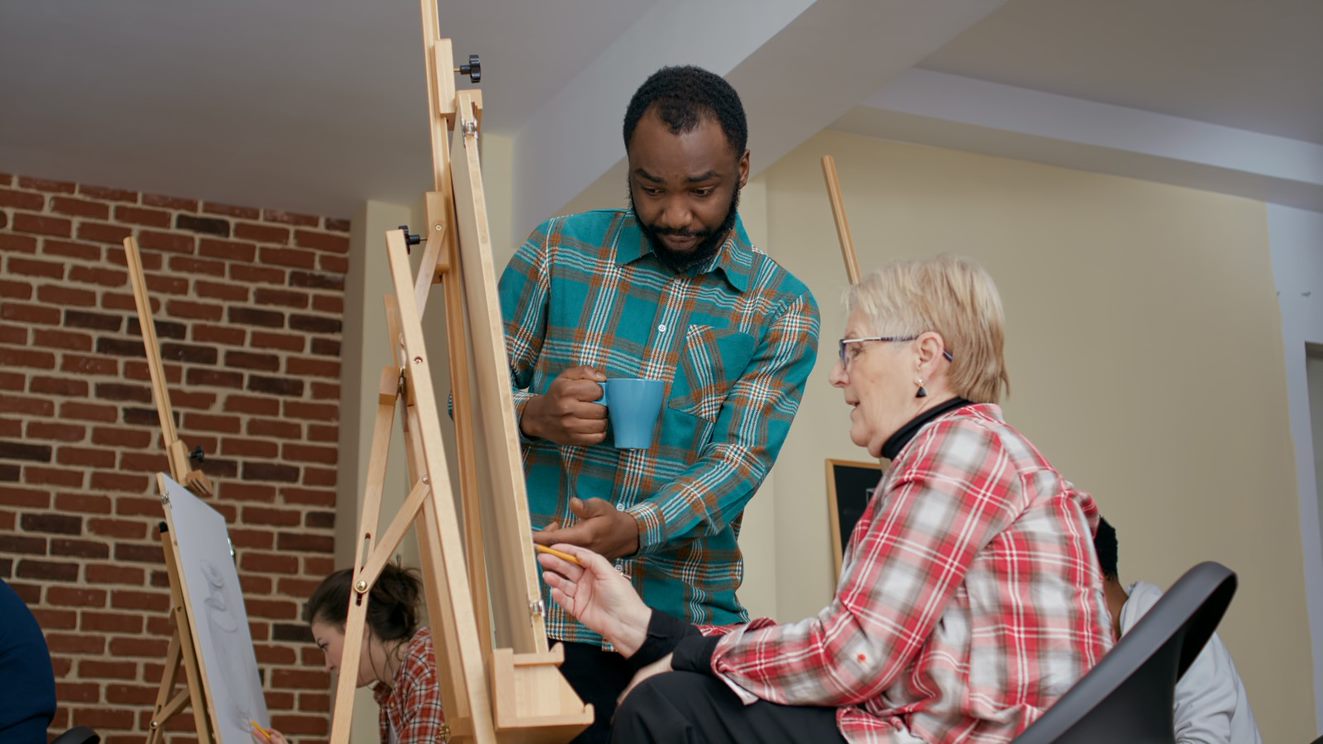As a Dutch partner in the Erasmus+ project Culture on Prescription, we conducted research into the existence of Art on Prescription in the Netherlands.
The internet search and interviews with many experts yielded many interesting insights that we are happy to share.
The Netherlands already successfully experimented with arts and culture on prescription in several projects. Although the numbers per project were relatively low and evidence-based scientific research is still lacking, the reported results from each project are positive.
The conditions for successful implementation and continuation of cultural prescribing (at random order):
- Bridge the gap between Wellbeing on Prescription and Arts on Prescription;
- The courses are provided by professional artists who also possess social and coaching skills;
- The offer of the courses is clearly defined. Which artists are involved, what do they offer, how is the evaluation taking place;
- To attract (older) participants it is necessary to concretely name what arts and culture is. Such as photography, painting, sculpture, music and writing.
- Enlighten the workload of general practitioners as the main prescribers of culture on prescription by thinking of enlarging the group of prescribers. For example to practice assistants, wellbeing coaches, social workers;
- Offer (potential) prescribers the opportunity to experience performing arts themselves and feel the magic of making;
- Be aware of the level of contribution participants must pay and offer alternatives, such as in kind contributions instead of financial payments;
- Offer group and individual classes to lower the threshold of participation. Groups should not be larger than 12 people at the maximum. Small groups of 3-5 are preferred;
- The suggested number of classes varies from 6 to 12 and also follow-up courses are provided. The length of each class varies from 60 to 90 minutes. The decision depends on the individual;
- Ensure continuity of the courses: don’t stop too soon;
- Ensure good cooperation between the different sectors of arts, culture, care and wellbeing.

